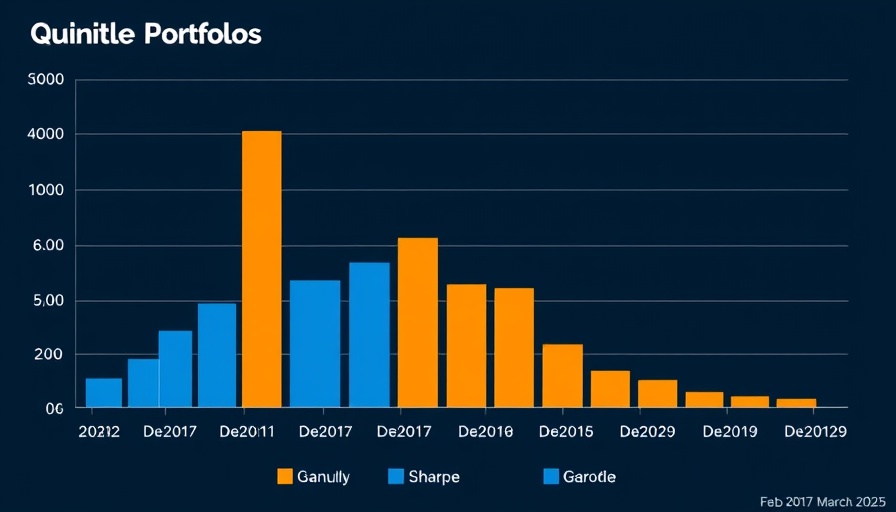
Exploring the Role of ESG Scores in Your Investment Portfolio
As investors become more conscious of the broader impacts of their investments, Environmental, Social, and Governance (ESG) scores have emerged as pivotal metrics that reflect a company’s commitment to sustainable practices. The latest research underscores that companies with higher Bloomberg ESG Scores tended to outperform those with lower scores, indicating that these scores function not just as benchmarks, but also as predictors of potential returns.
Understanding ESG Scores: More Than Just Numbers
Investors typically rely on a myriad of metrics to guide their decisions. However, ESG scores may be particularly transformative as they encapsulate both qualitative and quantitative data about companies’ operations. The analysis highlighted that the outperformance linked to higher ESG scores isn't merely a coincidence or a reflection of traditional risk factors. Instead, there appears to be underappreciated information encapsulated within these scores. This finding suggests that by focusing their stock selections on companies with elevated ESG scores, investors could tap into untapped opportunities for value creation.
The Influence of Region and Sector on ESG Returns
While the study revealed a positive correlation between high ESG scores and returns, it also noted that these effects vary across regions, sectors, and market capitalizations. For instance, companies in certain sectors may be more susceptible to social and environmental pressures than others, further influencing their ESG evaluations and performance metrics. As investors, understanding these nuances can enhance strategic decision-making and risk assessment.
Future Trends: ESG Data as an Investment Tool
As the demand for sustainable investments rises, there’s an expectation for a shift in how companies report on their ESG performance. The encouragement for more quantitative disclosure from stewardship teams presents a significant opportunity for investors to engage more deeply with the businesses they back. Thus, the effectiveness of ESG scores as predictive tools could become even more pronounced if backed by robust, transparent data.
What Investors Should Know Moving Forward
The convergence of sustainable finance and investor interest reflects a broader cultural shift toward prioritizing social responsibility. As financial instruments, including green bonds and blended finance, grow more prevalent within investment strategies, acknowledging the significance of ESG metrics becomes imperative. Investors who harness this information may not only secure better returns but also contribute positively to the environment and society.
Conclusion: The Call for ESG Awareness in Your Investment Strategy
Investors interested in enhancing their portfolios should consider the evolving landscape of ESG metrics. The potential for increased returns combined with a commitment to sustainable practices can foster a dual benefit: financial and ethical. Engaging with the ESG aspects of your investments can open up new avenues for success while aligning your financial activities with the global movement towards sustainability.
 Add Row
Add Row  Add
Add 




Write A Comment